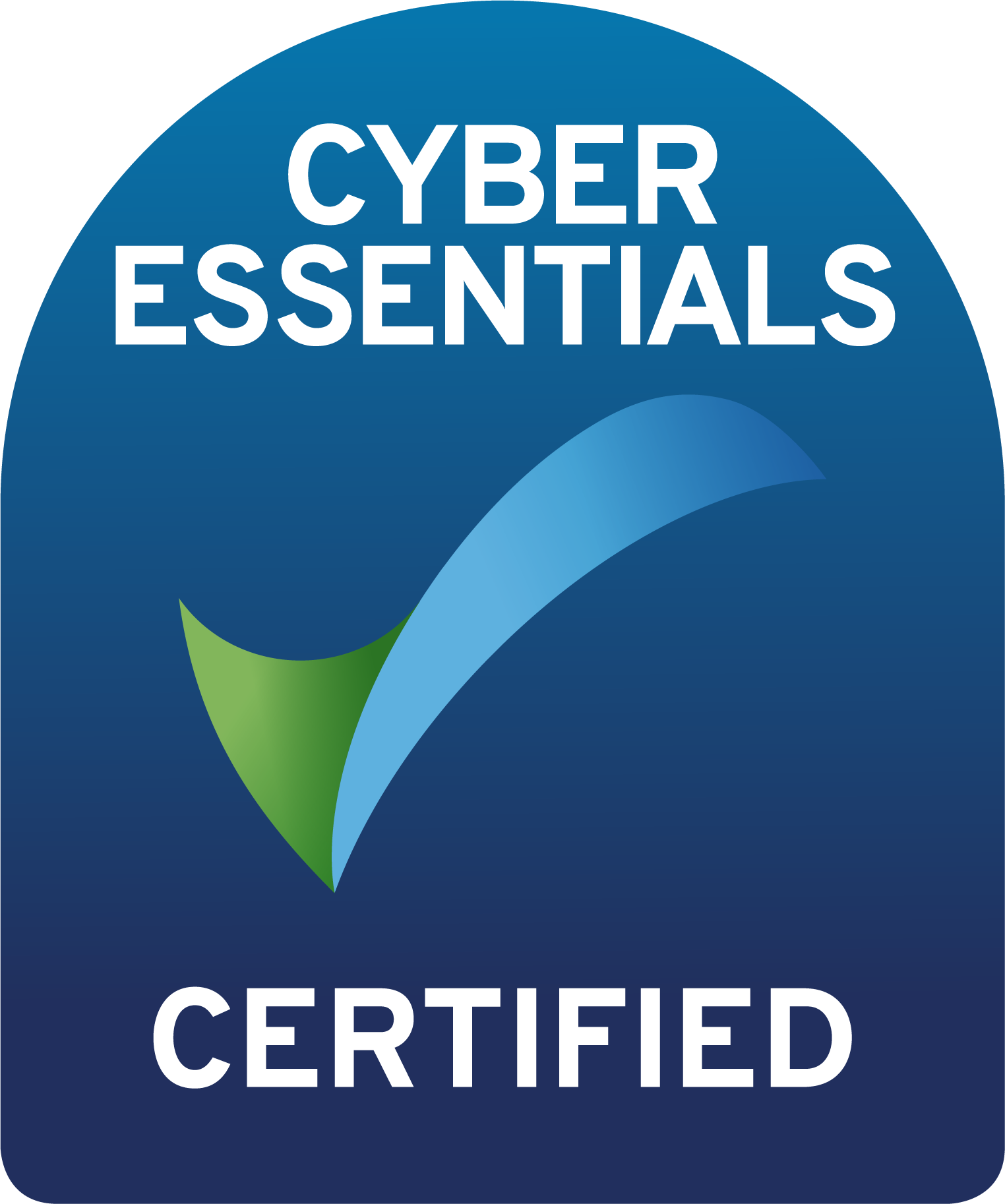Carpel tunnel syndrome (CTS) is a condition causing pressure on a nerve in your wrist. It can cause you to have tingling or pins and needles, a weak thumb or difficulty gripping, aches and pain in your fingers and hands or numbness. CTS can be caused by a variety of things such as being overweight, another illness such as arthritis or Diabetes or an injury. It can also be caused by work or a hobby which causes you to bend your wrist or grip hard such as using vibrating tools.
Sometimes it is necessary for sufferers to have surgery to ease the weakness, pins and needles and numbness caused by carpal tunnel syndrome. If you need to have surgery, trying to get back to normal life is an important part of recovery.
After surgery
- The surgeon will make a cut at the base of the palm and is normally in a skin crease which will hardly be seen once it has healed.
- Not everyone will need physio after surgery unless there is a problem with pain or stiffness. It is important to do the following steps to aid your recovery:
- Elevate your hand to reduce and prevent swelling and stiffness.
- Try and keep your hand in your lap when sitting and not hanging down when walking.
- It’s ok to start using your hand for normal everyday activities such as eating, dressing, brushing your teeth etc. Be guided by how you feel and use your common sense.
- Stitches are usually removed after about 10-14 days
- Your grip strength will be weaker than before surgery, it should be back to normal after about 6-12 weeks.
Driving
You should let your insurance company know that you are having surgery, as some companies may not insure you until a few weeks after surgery, so it’s worth checking.
Make sure you are no longer taking painkillers that may make you drowsy before you start driving again.
Before you start driving, take a few minutes to sit in the car and move the steering wheel, gear stick, hand brake etc. and ensure you can use them safely. You will need to ensure that you are able to control the car in the event of an emergency stop. Start with a short journey first to see how you get on.
Only you can make the decision as to whether or not you are safe to drive.
Returning to work
Talk to your surgeon, GP or Occupational Health about returning to work. It will depend on the nature of your job as to when that might be and in what capacity. If you have a manual job, you may need to avoid lifting more than 5kg for a period of time and for administration roles there may be other adjustments such as a hands-free phone, ergonomic mouse or keyboard.
For a good recovery, remember the following steps:
- Stay active
- Keep a normal daily routine
- Keep social contact with people
For more advice on returning to work for managers and HR see our training course ‘Management Referrals 101’.




